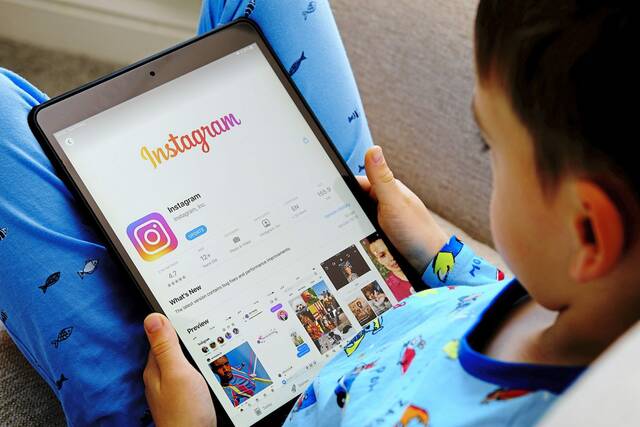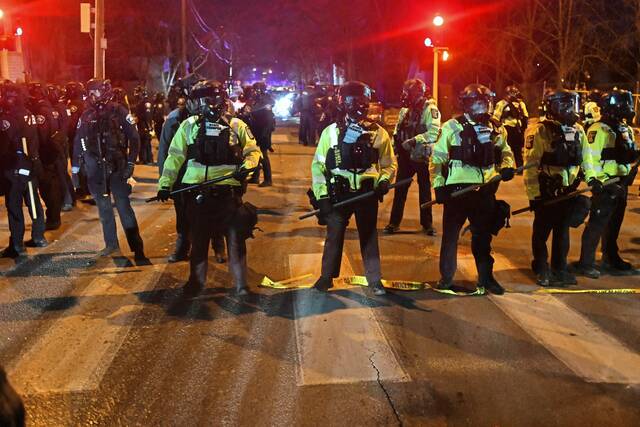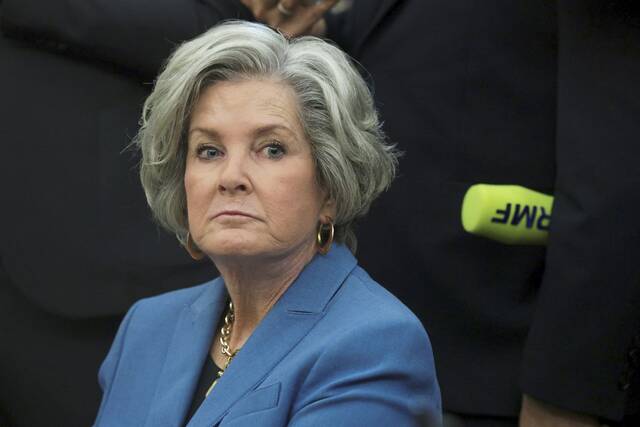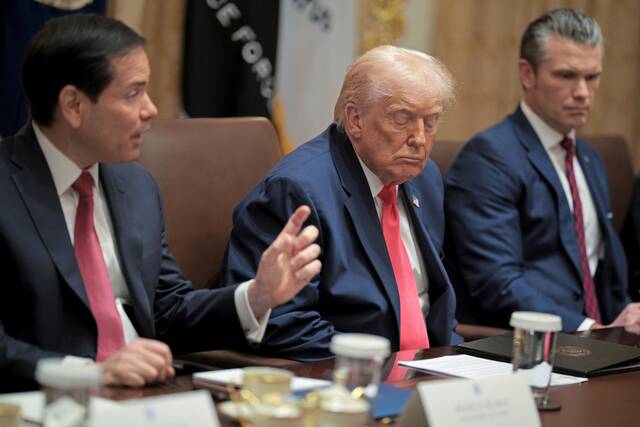Imagine if the tobacco companies, given everything we know about the dangers of smoking, announced they were making cigarettes especially designed for kids aged 10-12. Then, imagine they said they were doing it because they believed their cigarettes were actually good for kids, that “developing age-appropriate experiences designed specifically for them is far better for parents than where we are today.”
Suffice it to say, no one in good faith would support such a project. Parents would be up in arms, doctors would rail against the harms of smoking and the federal government would, of course, intervene.
Well, you don’t really have to imagine. That’s essentially what happened — but with social media. And if you believe that social media is even more addictive than cigarettes, as multiple studies and experts suggest, the backlash is wholly warranted.
This week, after facing enormous pressure from lawmakers, child advocacy groups and attorneys general, Instagram announced it was “pausing” its plan to develop a version of its platform for kids under 13.
Gallingly, the Facebook-owned company said it was doing this was not because luring even more vulnerable and mentally under-developed users to their habit-forming products is a very, very bad idea, but just to give executives more time to prove that it’s in fact a very good one.
For any parent — or social media user, for that matter — the idea of intentionally hooking another generation, starting at age 10, on Twitter, Facebook, Instagram, TikTok and other apps is nauseating. As adults, we know all too well the corrosive and toxic effects it can have on our communities, our self-esteem, work-life balance and mental health, and study after study proves it can increase depression, anxiety and other health issues.
Worse, recent studies have shown social media to have a demonstrably deleterious impact on our kids, particularly teen girls. According to a decade-long study by Brigham Young University, the time young girls spend on Instagram, TikTok and other social media is directly related to their long-term risk for suicide.
Instagram insists its goal with Instagram Kids is entirely benevolent, and aimed at combating these sorts of perils, with more parental controls, tools to help avoid unhealthy habits and age-appropriate content.
But this model is predicated on the idea that there is a good and healthy way for 10-year-olds to regularly use social media, and many experts say there simply isn’t one. Some suggest 13 is the earliest age kids should start using platforms like Facebook, some say it’s even later for Instagram and Snapchat.
According to a survey from Common Sense Media, in 2015 just 24% of kids ages 8-12 had their own smartphone. By 2019, it was up to 41%. In 2019, the average 8-12-year-old spent nearly five hours looking at screens.
And, per a 2019 Pew Study, 65% of parents said they worried about the amount of time their kids spent online.
To me, though, that sounds like a parent problem, not one of technology or regulation.
After all, it’s already illegal for anyone under 13 to use Facebook and other social media sites. Ten-year-olds aren’t buying their own phones and computers, paying the cable bills and setting rules and limitations for social media use. Parents are, or they should be.
Moms’ and dads’ “worry” about smartphone overuse can be ameliorated very quickly by taking the smartphone away, banning certain apps and closely monitoring screen time.
Before we breathe a sigh of relief that Instagram isn’t going forward with their kids’ product just yet, remember this problem will not be solved simply with more regulation and government intervention. In many ways, the train’s already left the station — social media is a fact of life — and it’s up to parents and educators to better guide our kids through what can be a very dangerous place.








